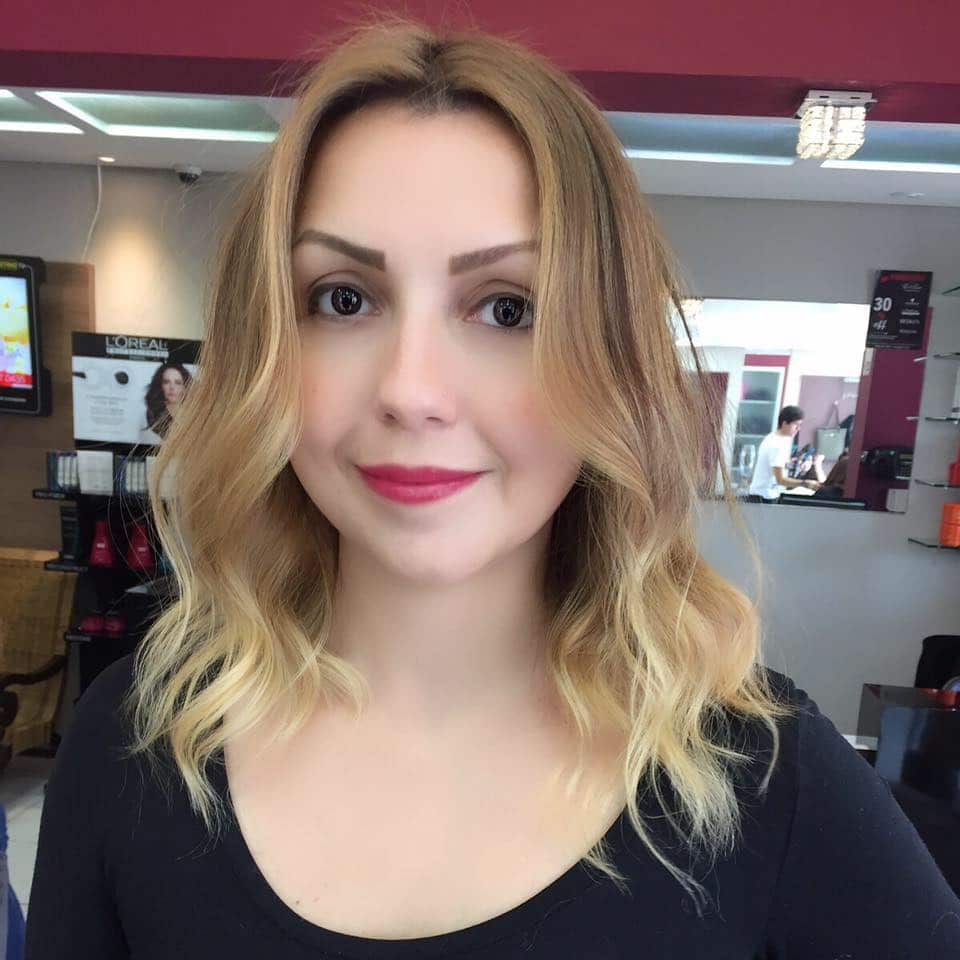If you need to write, write!

There are some funny thoughts that occur to us, language teachers. We want our students to become fluent speakers, we want them to be proficient readers, we want them to become effective listeners, and finally, we want them to be great writers in a foreign language. All four skills neatly packed and delivered in a single integrated skills lesson. We are teachers and this mindset has us believing that we should take all matters into our own hands for the sake of our students, but we soon realize our magic wands are not that magical when we start grading our students’ writing assignments. We start wondering why they aren’t getting it right. We wonder why many students don’t ever turn in their essays at all. We wonder why they don’t write and we start blaming ourselves. However, do we ever wonder how little time we devote to writing in our classes? Do we ever ask ourselves if our students have enough opportunities to write and to actually enjoy writing?
So, this month’s post is about writing. To start with, think about your own writing. Think about your own personal journey into writing. What genres are you familiar with? What motivates you to write? Are you a proficient writer yourself? Don’t worry if you have some difficulty answering these questions. Writing is a skill just like any other and it can be learned. Even if you don’t consider yourself a successful writer in your own native language, you can still go for it in English. All you need to do is write, write, write, and pay attention to how other people write. Awareness is key. There can be many different roads to successful writing, and whichever you choose, make sure you share your experiences with your students. Let them know that becoming a good writer takes more than enrolling in a language class. It’s a personal journey that we choose to embark on, and, as teachers, we can and should equip our students with the vocabulary and the models they will need. However, keep in mind that it’s up to them to continue the journey on their own. If they do, they will definitely need more than just vocabulary to go on: They will need to experience writing, and more importantly, search for meaning and self-fulfillment in it.
That said, here are a few random thoughts about writing that I would like to share with you.
1. Forget the word ‘perfect.’ No author will ever look back at their work and think they have done it brilliantly. There will always be things they would have done differently. There will be a couple of mistakes. There will be flaws. Always.
2. “Don’t tell me the moon is shining; show me the glint of light on broken glass.”
While research shows that reading is one of the best ways to improve vocabulary (Lightbown & Spada, 2006), it takes more than reading to become a good writer. We need to understand the meanings of the words in a text rather than just understand the general meaning of the text. We need to pay attention to how words are combined and how they contribute to the tone of the text. We need to pay attention to details. We also need to experiment with words and think about how accurately they connect with our ideas. It’s OK to borrow words and expressions from other texts and appropriate them as long as we don’t steal someone else’s ideas. Make an inventory of words and expressions to use later.
3. Writing is about making choices. That moment when you have to choose between ‘frail’ and ‘faint’ to collocate with ‘hope.’ Of course, the more words you know the better, but you still have to consider which word best communicates your message. Synonyms have different meanings, however small they may be.
4. Parallelism: I first heard this word in a writing class in college in the U.S.; and this concept has always shaped my writing. Put simply, it’s about “making your writing classy” (Underwood, 2016). It’s the difference between saying:
Olympic athletes usually like practicing, competing, and to eat ice cream sandwiches.
(and)
Olympic athletes usually like practicing, competing, and eating ice cream sandwiches.
(or)
Olympic athletes usually like to practice, to compete, and to eat ice cream sandwiches
Students can be taught this from very early levels. Parallelism makes sentences balanced and avoids mismatches between parts of speech. Parallelism is a big deal in English;
5. A word about punctuation: It is one of the most important aspects of writing, and yet we hardly ever teach punctuation in our classes. We may even give students feedback about punctuation when grading written work, but when was the last time you specifically dealt with punctuation in a class?
Punctuation can change the meaning of a sentence and it can make meaning clear to the reader. Punctuation can also give your text a sense of rhythm and make it more dramatic. Just look at these two sentences and how the comma changes its meaning:
He was bitten by a dog which hurt him.
He was bitten by a dog, which hurt him.
6. “When you write a book, you spend day after day scanning and identifying the trees. When you’re done, you have to step back and look at the forest.”
― Stephen King, On Writing: A Memoir of the Craft
Whether you are writing an email or your memoir, you need to read it again and again. More often than not, we are in such a hurry that we don’t have time to read what we have written. This is a big mistake. Sometimes we don’t even know if we really like our own writing because we don’t take the time to appreciate it, curse it or read it critically.
7. We tend to think that good writing is for professional writers. Good writing is not about using complicated words or complex sentences. Good writing is about communicating your message well. A well written email can make your reader feel excited, anxious, or thrilled. A well written announcement can create a feeling of closeness or distance between you and your readers depending on how you write it. Good writing is not only for novelists or poets: It’s important for all of us regardless of the genre or the occasion. Your readers will appreciate it.
8. “You can, you should, and if you’re brave enough to start, you will.”
― Stephen King, On Writing: A Memoir of the Craft
Finally, if you need to write, write. The more you write the better you write. Simple as that. As I said before, writing is a personal journey and it involves risks and failure, but it also brings us immense satisfaction when we like what we have written. So, what are you and your students waiting for?
Further Reading:
Lightbown, P. M. & Spada, N. (2006). How Languages are Learned. Oxford.
Underwood, A. E.M. (2016) Parallelism in Writing. In: Grammarly Blog. Retrieved from: https://www.grammarly.com/blog/parallelism/






